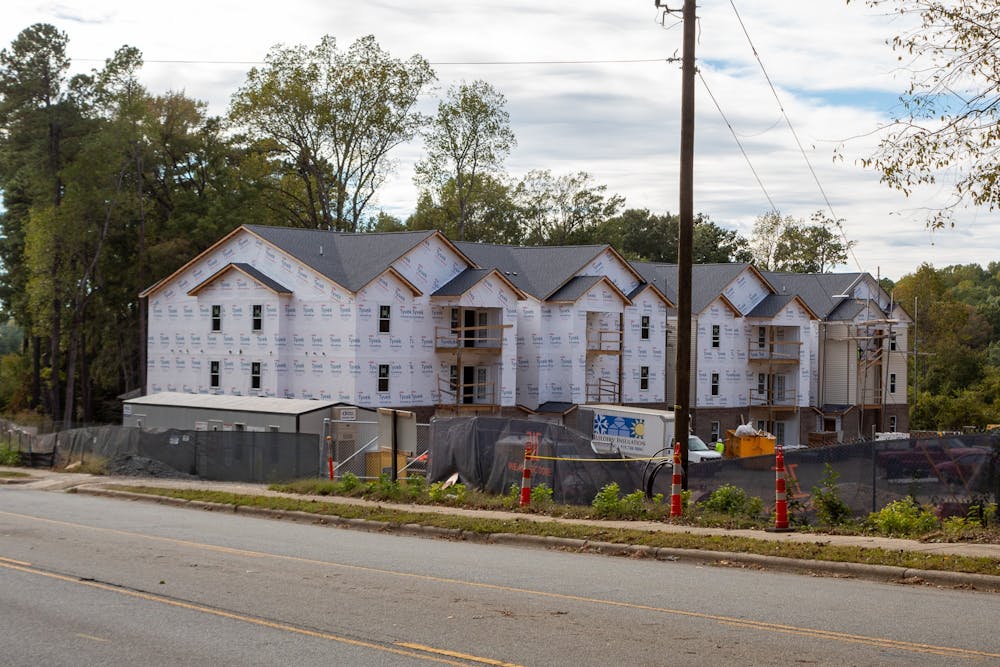On April 2, the Local Government Commission approved the North Carolina Housing Finance Agency’s request for $750 million in revenue bonds to address the nearly 200,000-home gap of affordable rental housing across the state.
Households are considered cost-burdened if they spend more than 30 percent of their income on housing. But in North Carolina, 71 percent of extremely low-income renters — those earning up to 30 percent of the area's median income — spend more than half of their income on housing.
Brett Warner, the NCHFA’s chief financial officer, said the agency is using the approved bond money to finance its NC 1st Home Advantage Down Payment program. This program provides a $15,000 down payment assistance to first-time home buyers and military veterans.
Jill Odom, the executive director of the Carolinas Council for Affordable Housing, said the federal government no longer provides heavy subsidies for affordable housing options, so state agencies like NCHFA step in instead.
Odom said qualifications for regular housing relies heavily on the ability to pay rent, credit history and criminal backgrounds. When people do not have access to affordable housing, she said, they may experience homelessness.
“Given the opportunity to live in quality, safe, affordable housing in this country is imperative upon keeping people off the street, especially when they go through either temporary or permanent situations where they simply can't afford to pay market rate rent,” Odom said.
Warner said the NCHFA has the authority to issue the revenue bonds through state law. Before an issuance is complete, the NCHFA’s board, the governor and the LGC all have to approve the ask amount and the time period needed, he said.
Dale Folwell, the N.C. state treasurer, said he has not witnessed any of the agency’s requests for approval be denied since he has been in the position, and he said he expects more requests in the future.
“I think that people can get joy and achievement and upper mobility in their life by building equity and by purchasing a home,” he said. “In this inflationary time, we all know that the need for affordable housing is rising and the cost of affordable housing is rising."



